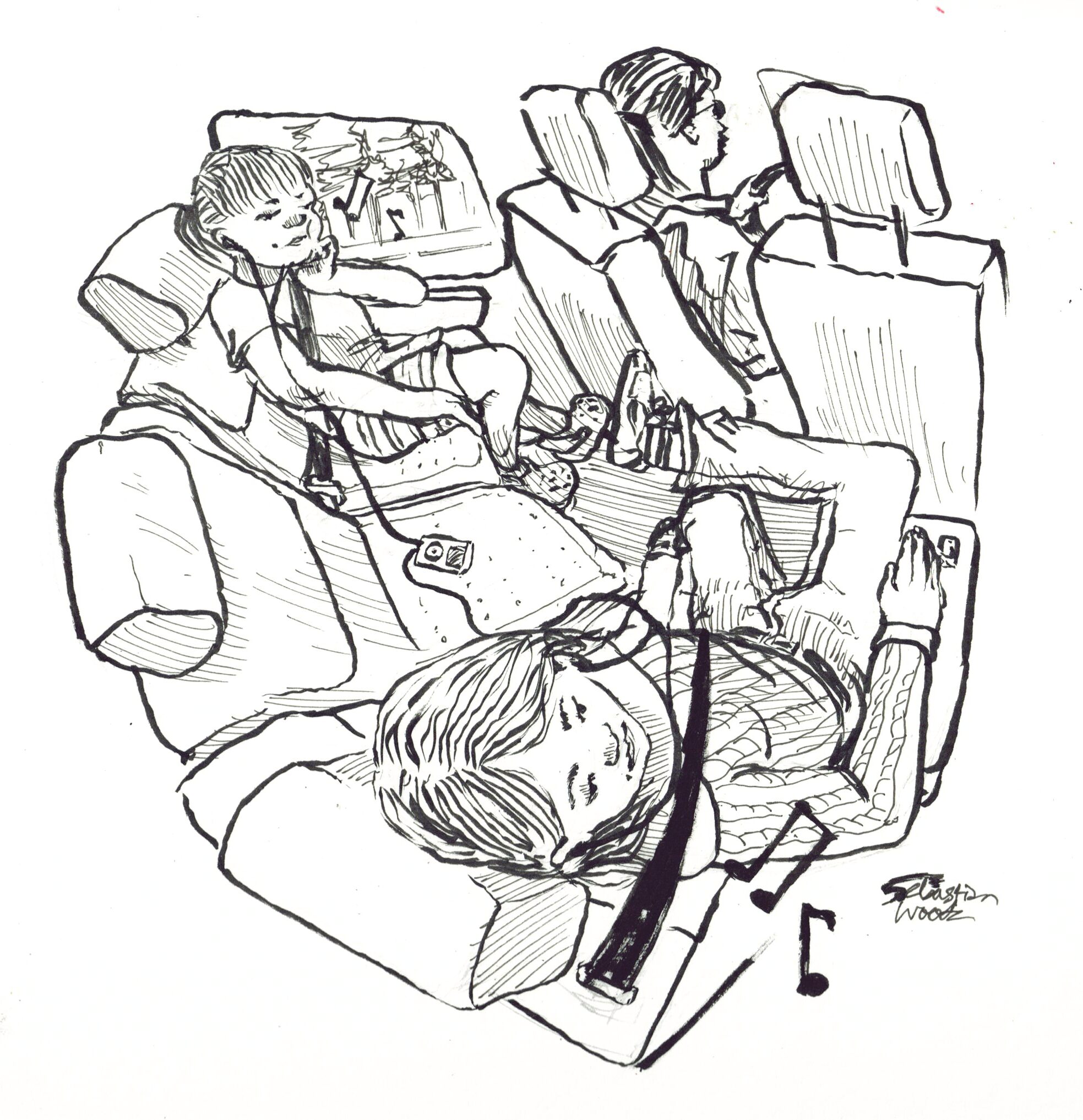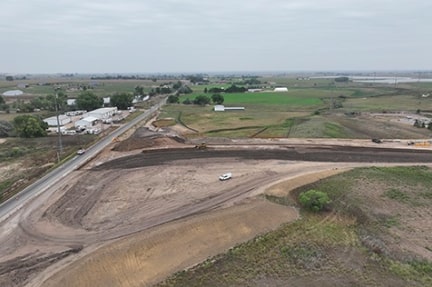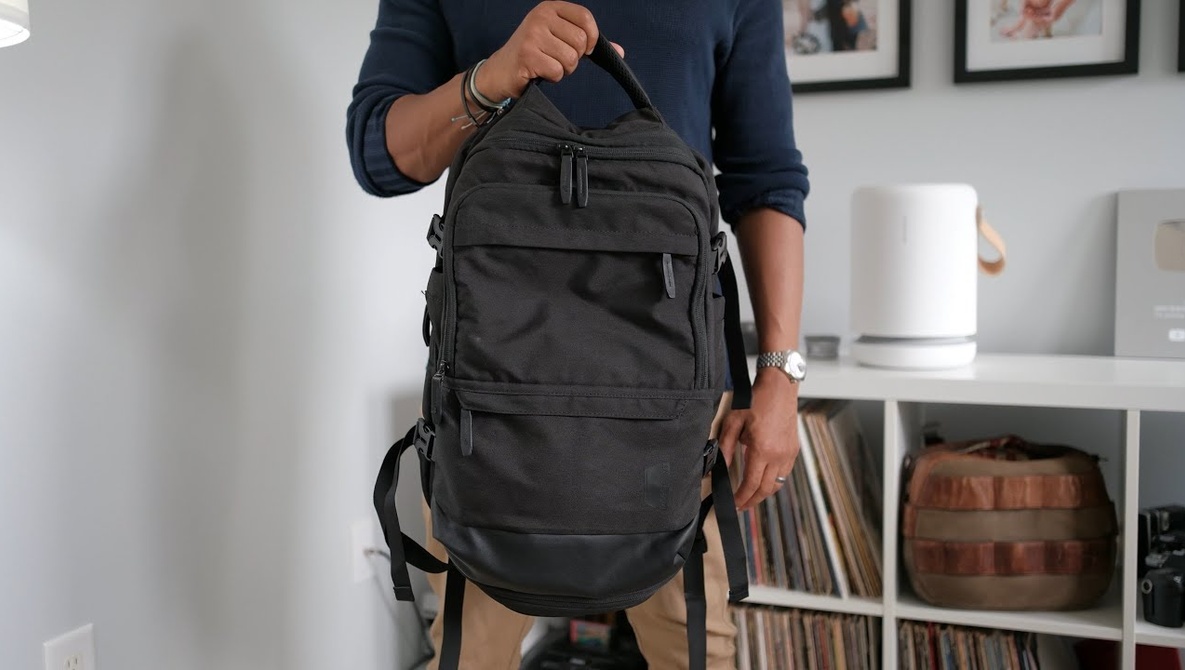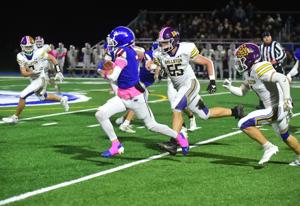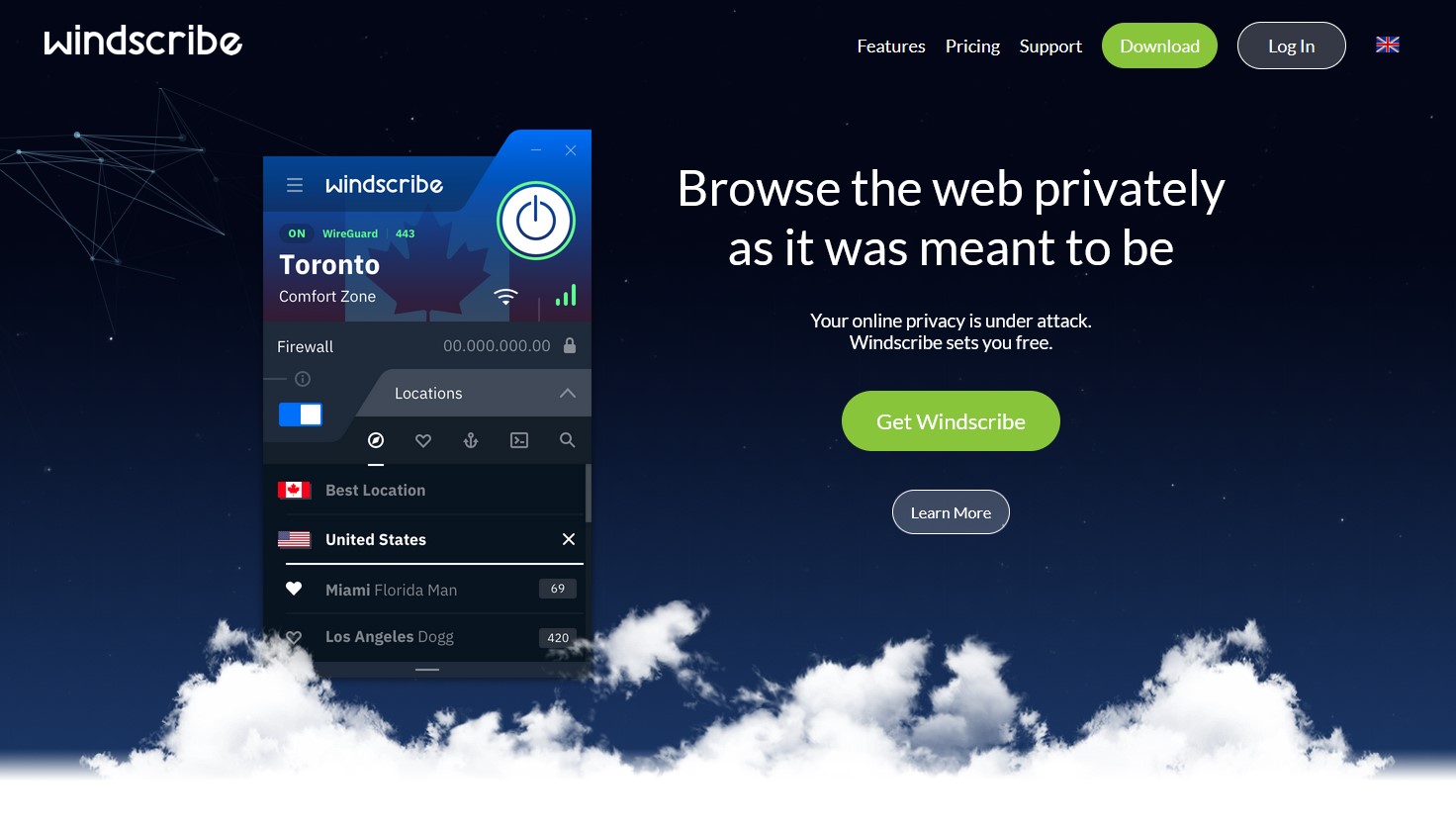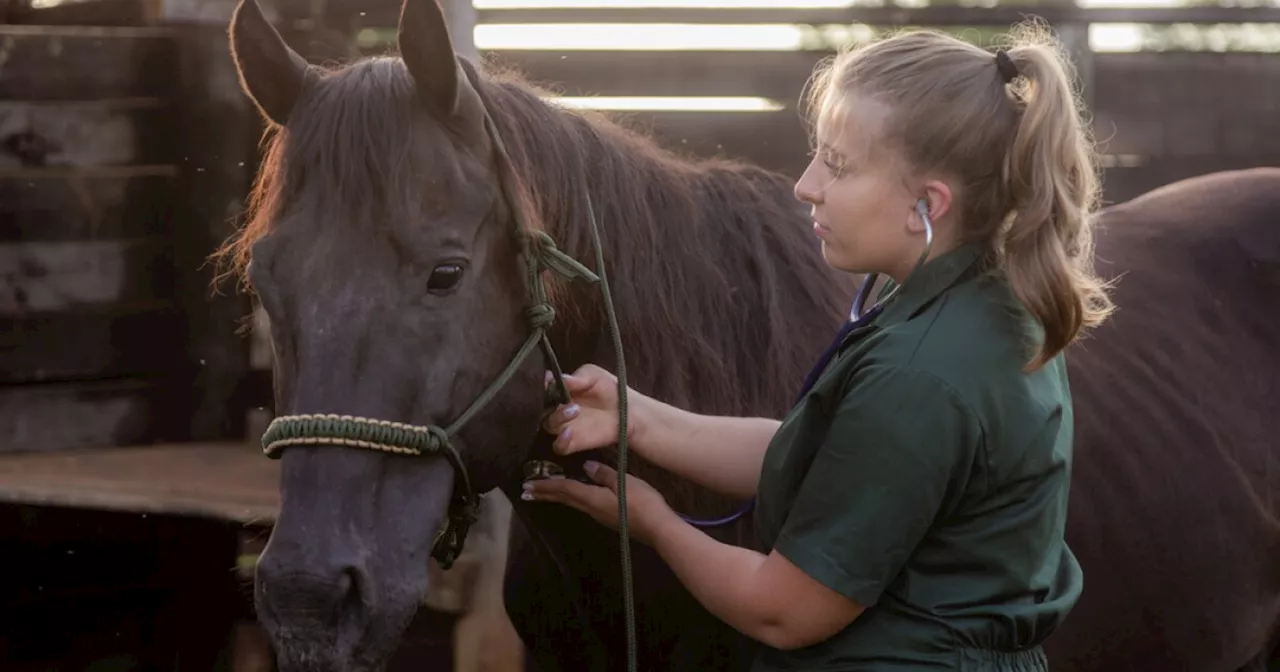UPDATE: Concertgoers at the Playboi Carti concert last Saturday experienced a powerful phenomenon—emotional time travel through music. As attendees relished familiar tracks, many were instantly transported back to pivotal moments in their lives, underscoring the profound connection between music and memory.
During the concert, the first notes of “Like Weezy” triggered vivid recollections for fans. One concertgoer shared that just hearing the opening synth notes sent them back to a serene walk in a statue garden, listening through borrowed AirPods. This immersive experience highlights the remarkable ability of music to evoke specific memories, making it feel as though listeners can travel through time.
In a recent reflective piece published by the Yale Daily News, the phenomenon was explored further, revealing how playlists act as personal soundtracks connecting listeners to their past. The article emphasized that music serves as a time capsule, pulling individuals back to cherished experiences, such as summer days and significant life events. For example, a run inspired by Quevedo’s and Bizarrap’s “Music Session” sparked memories of sunny days in Minnesota, illustrating the emotional weight these songs carry.
The article also touched on how generational differences influence musical experiences. For example, older generations might find nostalgia in tunes from the “70’s on 7” radio station, while younger listeners often discover emotional ties to contemporary artists like Ken Carson or Lana Del Rey. The interplay of music and memory creates a rich tapestry of emotional engagement, allowing listeners to relive moments through the songs that define them.
Moreover, the narrative explored the societal implications of music taste and identity. Certain genres and artists have become associated with specific traits. For instance, fans of Playboi Carti’s Opium label may be perceived through a lens of cultural stereotypes, illustrating the complex relationship between music and identity.
Reflecting on personal soundtracks, many people have spent considerable time curating playlists for significant life events, such as college applications. The author noted a shift in personal favorites, moving from Lauryn Hill’s “Everything is Everything” to newer tracks, highlighting the fluid nature of musical connections as people evolve.
As individuals continue to create and listen to playlists, the emotional resonance of music remains a powerful force. Each song listened to today could become a cherished memory tomorrow, making the experience of “time travel” through music an ongoing journey.
Concerts like Carti’s not only entertain but also reinforce the idea that music can bridge past and present, allowing audiences to revisit memories and emotions with every note played. The urgency of this connection urges listeners to curate their playlists thoughtfully, ensuring that their soundtracks remain vibrant and meaningful.
Looking ahead, music lovers are encouraged to explore their own nostalgic connections and the evolving narratives that accompany their favorite songs. As new artists emerge and genres blend, the potential for emotional time travel through music will only expand, enriching lives and memories alike.

